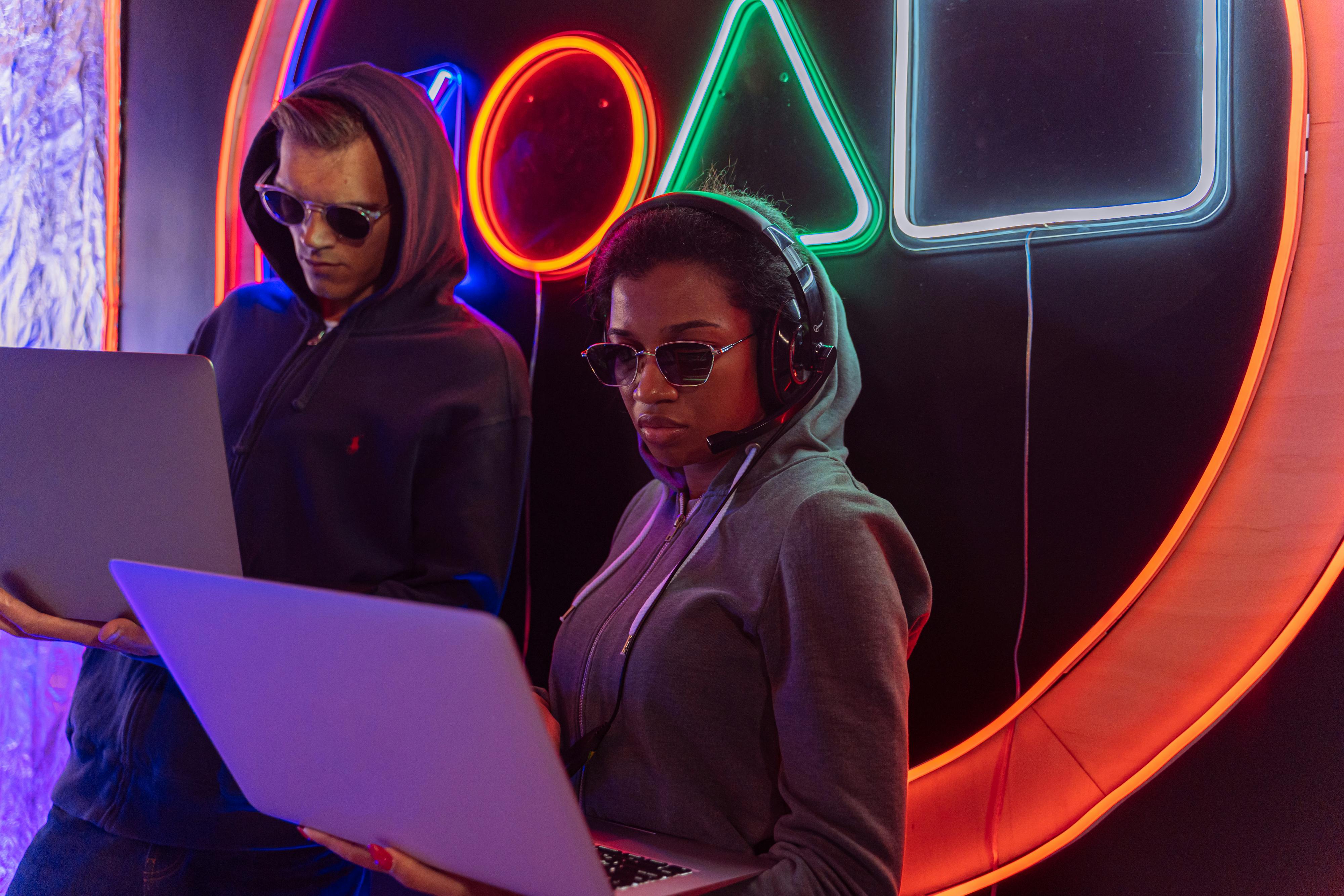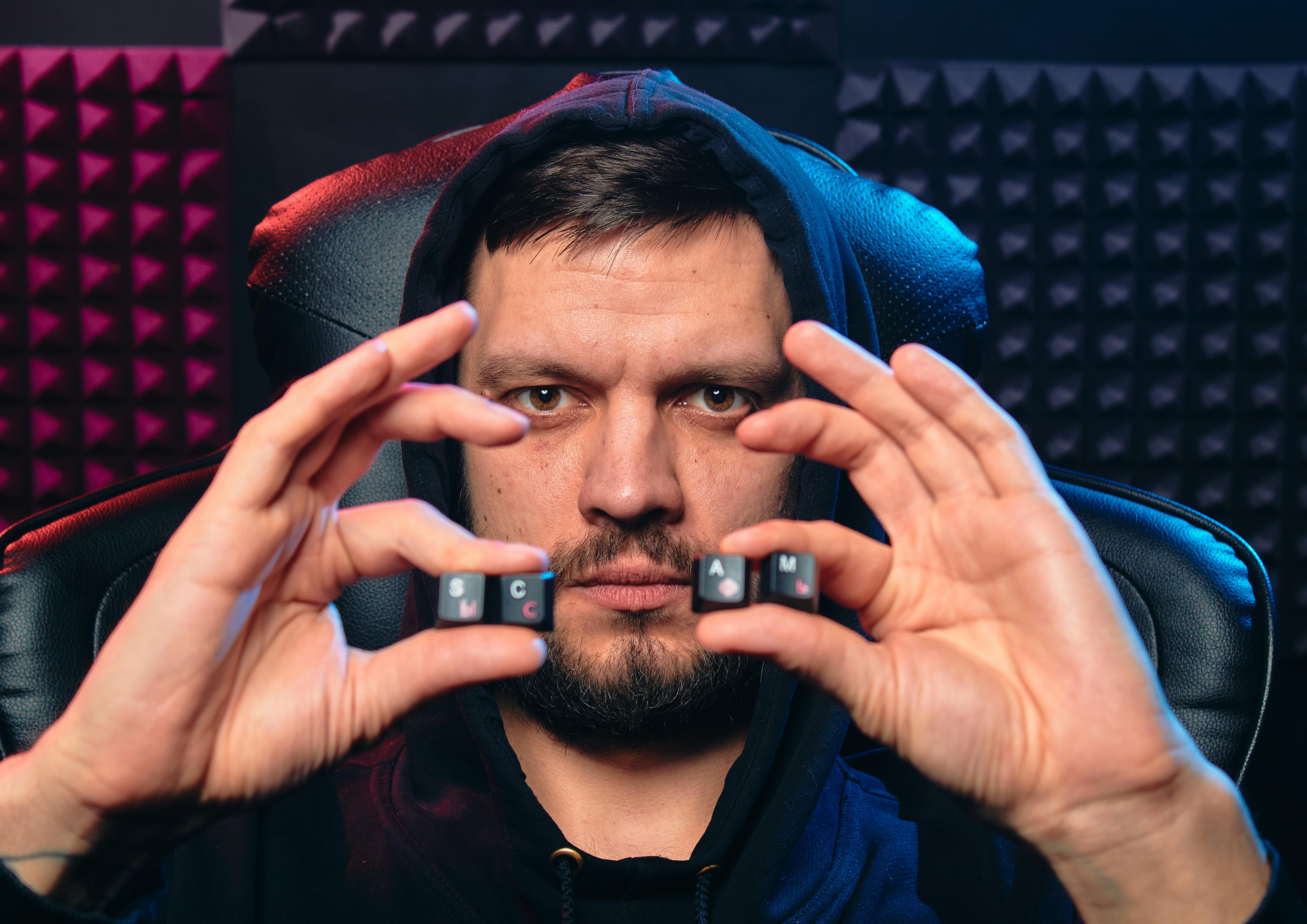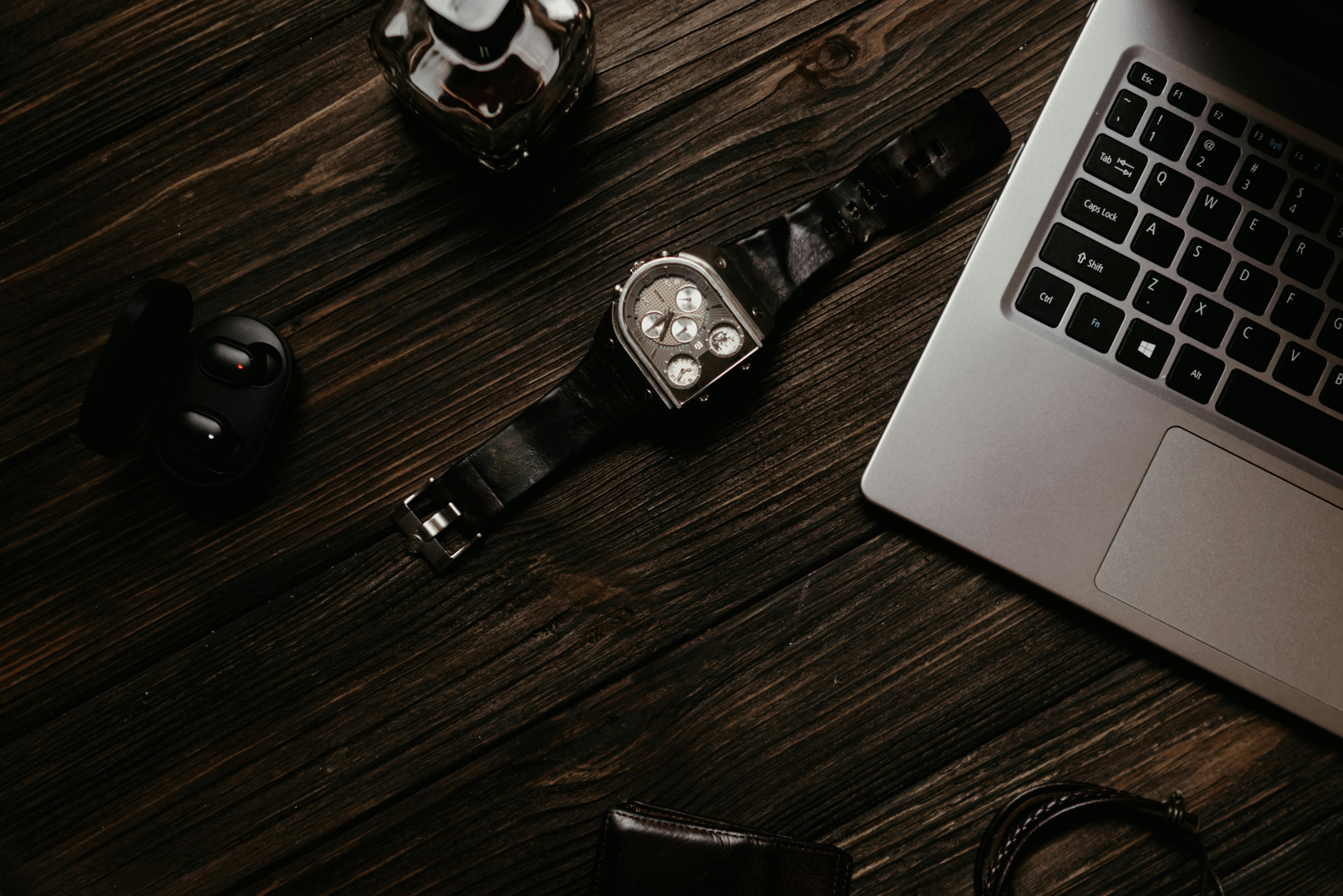The fear of risk is realistic. Imaginative and intelligent people fear danger, harm, and evil. Naturally, they protect themselves and others, if they can, against armed attackers, financial insecurity, loneliness, corruption, blackmail, disease, and death.
It is the degree of fear and related anxieties that can be debilitating and cause natural emotions to become creativity shredders, limiting the ability to follow hunches, try new areas, take risks, enjoy life and be productive.
There are times when you need to take risks, and there are times when risk-taking is inappropriate. If the water is infested with sharks, don’t swim, but if it’s full of ideas to explore, jump in. Risk means venturing where others have not, or staying behind to pay more attention when others seem to be advancing. Risk means looking at the known as if it were unknown and examining the unknown until it is known. Risk can be exhilarating; fear, a crusher.
There are times when you have to stick your neck out to protect what you strongly believe in or to explore areas of work that are relatively unfamiliar. As the Hungarian-born English author Arthur Koestler put it: “If the creator had a purpose in equipping us with a collar, he certainly intended us to resist it.” However, doing this requires courage. It can fail and that is risky.
One of the biggest fears people have is that of failing. This fear is often related to the critical voices in their heads: their own harsh judgmental voice or the voices of others who always find reason to criticize them often, in whatever they do. Given the possibility of failure, it’s a good idea to imagine the worst case scenario, such as execution. Are you really going to be executed for your mistakes?
The more mistakes people make in their lifetime, the more they have tried and the more they have learned. Creative people make more mistakes than others because they try more things. As Albert Einstein said: “A person who never makes a mistake never tries anything new.” A mistake is simply an experiment to learn from.
However, when you repeatedly make the same mistakes, it may be an indication that you need to put the task off for a while and try a new approach or even do something quite different. You have to instinctively know when to continue and when to stop, when what you are doing has become an exercise in futility. Making mistakes can slow you down, but it won’t stop you from reaching your goal. Not learning from mistakes will. And not taking risks may seem safe to you, but you will also get stuck.




